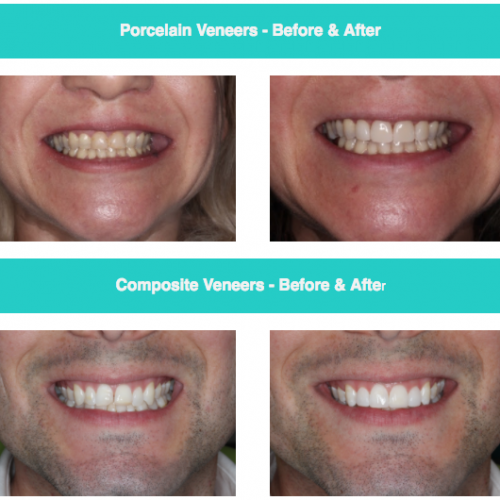Ask a Dentist: How is Teeth Grinding Damaging to My Oral Health?
Have you ever woken up in the morning experiencing pain in your jaws or teeth? You could be unconsciously grinding your teeth while you were sleeping. In some cases, people who grind their teeth may be completely unaware of their habit as they do not experience pain after a night’s sleep. The only way they find out is through other people, who have likely woken up from the loud sounds.
Now if that isn’t disconcerting, some people also involuntarily grind their teeth and clench their jaw while awake. This is quite common during intense bouts of anger, stress or even concentration.
What Are The Tell-Tale Signs?
- aching teeth or stiff face and temples upon waking
- cracked or chipped tooth enamel
- grinding sounds while the person is asleep
- headaches
- jaw joint or ear pain
- loose teeth
- sensitive teeth
- soreness in the jaws while chewing
- tooth marks on the tongue
Dental Care Findings on Bruxism
In medical terms, the clenching of the jaw and grinding of the teeth is called bruxism. It is classified into two categories—sleep bruxism and awake bruxism. This condition involves a host of complications. The most obvious being cracked enamel in the teeth as well as their excessive wear and tear.
Other oral health problems include breakage of dental restorations like fillings, veneers, crowns and bridges. Bruxism might also lead to straining on the joints and surrounding soft tissues. It could also enlarge the size of the jaw muscles, though this is rare.
Identifying The Causes
A dentist will tell you that there are so many possible factors that could contribute to your condition. In general, bruxism has been linked to stress, brought about anxiety or agitation. Aside from being a manifestation of emotional unrest, the condition can also be an indication of physical tension brought about by a nutritional deficiency or an illness.
For babies and children, sometimes it all just points to anatomical changes. Many young kids grind their teeth or clench their jaws at one point or another, especially before the eruption of their adult teeth. Before permanent tooth emergence takes place, kids’ bites are rather flexible and can continue to shift as they grow. Then there’s also improper tooth alignment, which when left unfixed can lead to bruxism that worsens all through adulthood.
Visit Our West Ryde Dental Care Clinic
Once you suspect that you exhibit the symptoms of bruxism or someone has called your attention on it, book a time with an oral health professional. If you’re starting to get worried, talk to a West Ryde dentist at Putney Dental Care right away.
Our team will perform a complete examination, including an x-ray. This allows us to determine how severe the condition is and to what extent bruxism has damaged your teeth, bone and tissues. Call (02) 9808 2588 for more details now. In the area? Drop by our dental care West Ryde facility to schedule an appointment or come in for a checkup.
Health Issues Dentists Can Spot Right Away Dentist-Approved Diet That Keeps the Tooth Decay AwayLatest from the Dental Blog
 20 Mar 2016
20 Mar 2016
Have Your Chocolate and Eat It Too!
While we all know that eating too many sweets can ruin our diets, often we forget that too many sugary…
 01 Aug 2017
01 Aug 2017
What does your Oral Health say about you?
Achieving optimal oral health is important for your overall health and well-being. Taking care of your mouth, teeth and gums…
 11 Apr 2017
11 Apr 2017
Which Teeth Whitening Option Is Best For You?
Getting your teeth whitened is one of those subtle changes that can really make a big difference. Whiter teeth brightens…
